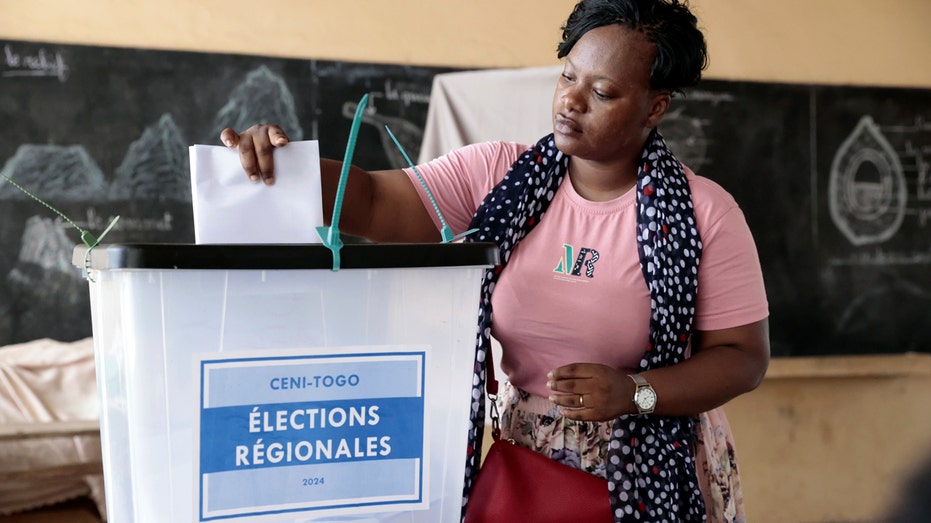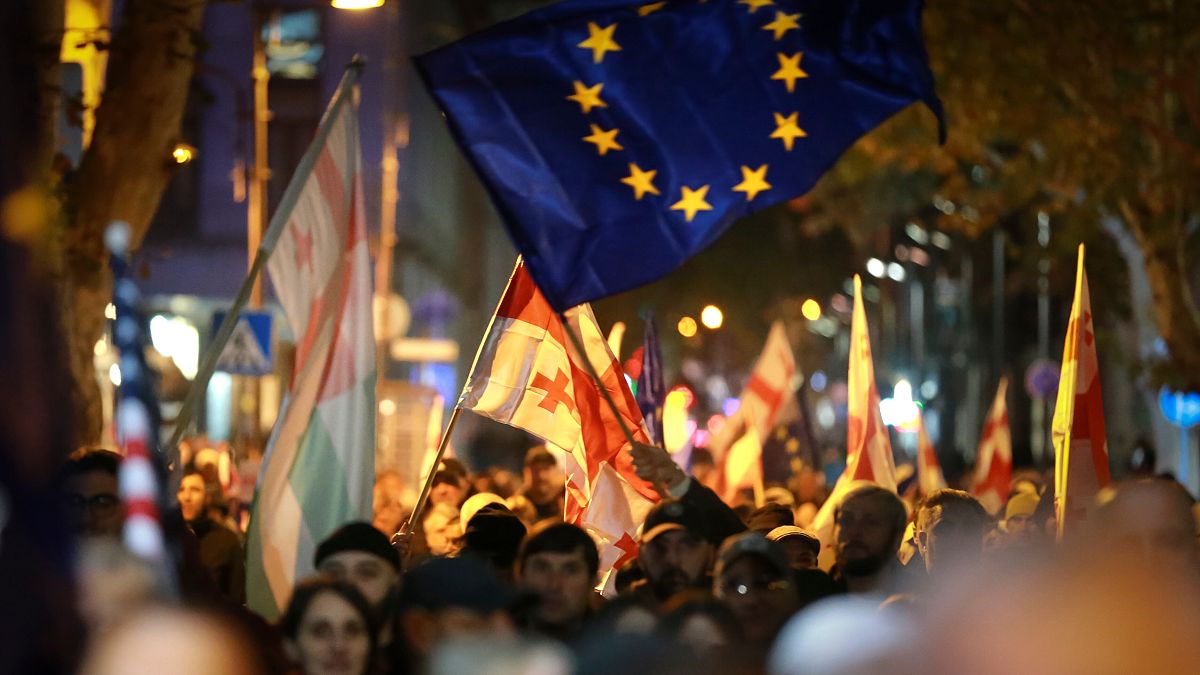Togo votes in parliamentary election testing support for proposal that could keep dynasty in power
Togolese voters headed to the polls for parliamentary elections that gauge support for a proposed new constitution that would give lawmakers the ability to choose the country's president.

Voters in Togo headed to the polls on Monday for parliamentary elections that test support for a proposed new constitution that would scrap presidential elections and give lawmakers the power to choose the president.
The opposition and religious leaders say the legislation is an effort by President Faure Gnassingbe, in office since 2005, to prolong his rule. Lawmakers passed the legislation in March after their mandate expired, and it is close to being enacted.
REWRITTEN TOGO CONSTITUTION BUCKED BY CITIZENS, STOKES DICTATORIAL FEARS
The West African nation has been ruled by the same family for 57 years, initially by Eyadema Gnassingbe and then his son. Faure Gnassingbe took office after elections that the opposition described as a sham. The opposition says the proposed new constitution makes it likely that Gnassingbe will stay on when his mandate expires in 2025.
Authorities cracked down on civic and media freedoms ahead of Monday's vote. Early this month, the government banned protests against the proposed new constitution and the arrest of opposition figures. The electoral commission has banned the Catholic Church from deploying election observers.
In mid-April, a French journalist who arrived to cover the elections was arrested, assaulted and expelled. Togo's media regulator later suspended the accreditation process for foreign journalists.
"We are participating in these elections because we have no alternative," Jean-Pierre Fabre, an opposition party candidate, told The Associated Press. He added that he was worried about the apparent low voter turnout and fairness of the electoral process.
Some 4.2 million Togolese were registered to vote in the country of about 8 million people. Voters were electing candidates for 113 parliamentary seats — 22 more than in the previous assembly — and for the first time filling 179 senatorial positions. Preliminary results were expected within six days.
Togo’s authorities sealed the borders on Monday for security reasons and dispatched some 12,000 gendarmes and police officers to safeguard the voting process.
Amid a rise in the spread of disinformation during elections in West Africa, authorities warned against disseminating false results or other misleading news.
One voter, Kpedji Kossi Nicabou Sena, said he was voting out of concern for the proposed change to the constitution. "This year’s vote is a crucial vote, it’s a vote that can make a difference for my country," he said.
Yao Alexandre Adabrah, a citizen living abroad who returned to vote, echoed the concerns: "We don’t the know the consequences of the new constitution that’s coming."
What's Your Reaction?
















